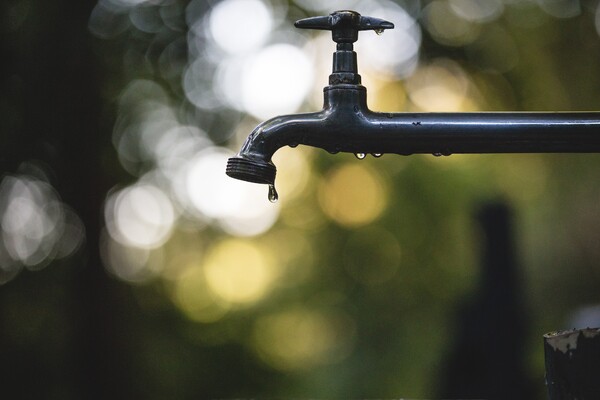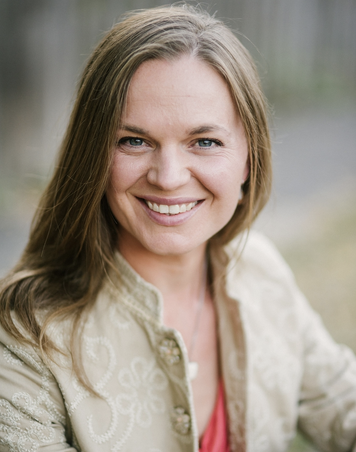Making the Invisible Visible: The PFAS Project Lab
4:00 pm US Eastern Time
Slides & Resources
PFAS in the Arctic: Identifying exposure sources & health effects in Nunavik, Canada (CHE Alaska webinar, Feb 28, 2023)
The Urgent Need to Address PFAS to Protect Drinking Water and Public Health (CHE Alaska webinar, Jan 25, 2023)
PFAS Health Effects: National Academy of Sciences, Engineering, and Medicine’s Recommendations for At-Risk Populations (CHE Alaska webinar, Nov 30, 2022)
New “Presumptive Contamination” Model Maps PFAS Exposure (EDCs Strategies Partnership webinar featuring Dr. Cordner and Dr. Kimberly Garrett, Nov 2, 2022)

You can watch a recording of this webinar here.
PFAS (per- and polyfluoroalkyl substances) are a class of more than 12,000 chemicals used in consumer products, industrial applications, and industrial firefighting foams. They are used in numerous consumer products such as food packaging, textiles, apparel, and non-stick cookware due to their stain, grease, and water resistance properties.
PFAS are linked to adverse health outcomes, including liver and kidney damage, reproductive and developmental harm, immune system impairment, and certain cancers. PFAS are toxic at exceedingly low exposure levels. These chemicals have been found in groundwater and public drinking water supplies in communities throughout Alaska due primarily to the dispersive use of PFAS in firefighting foams used by the military and airports.
The PFAS Project Lab, a group of faculty, post-doctoral scholars, and students affiliated with the Social Science Environmental Health Research institute at Northeastern University in Boston, studies social, scientific, and political factors related to PFAS. The team produces accessible research about PFAS contamination through collaborations with impacted communities.
As co-director of the Lab, Dr. Alissa Cordner focuses on breaking down the realities of the PFAS problem, including giving community leaders, regulators, and everyday people the tools needed to comprehend and reduce PFAS contamination.
Featured Speaker

Alissa Cordner, PhD is Associate Professor and Paul Garrett Fellow at Whitman College. Her research focuses on environmental sociology, the sociology of risk and disasters, environmental health and justice, and public engagement in science and policy making.
This call was hosted by the CHE-Alaska Partnership, which is coordinated by Alaska Community Action on Toxics (ACAT).


